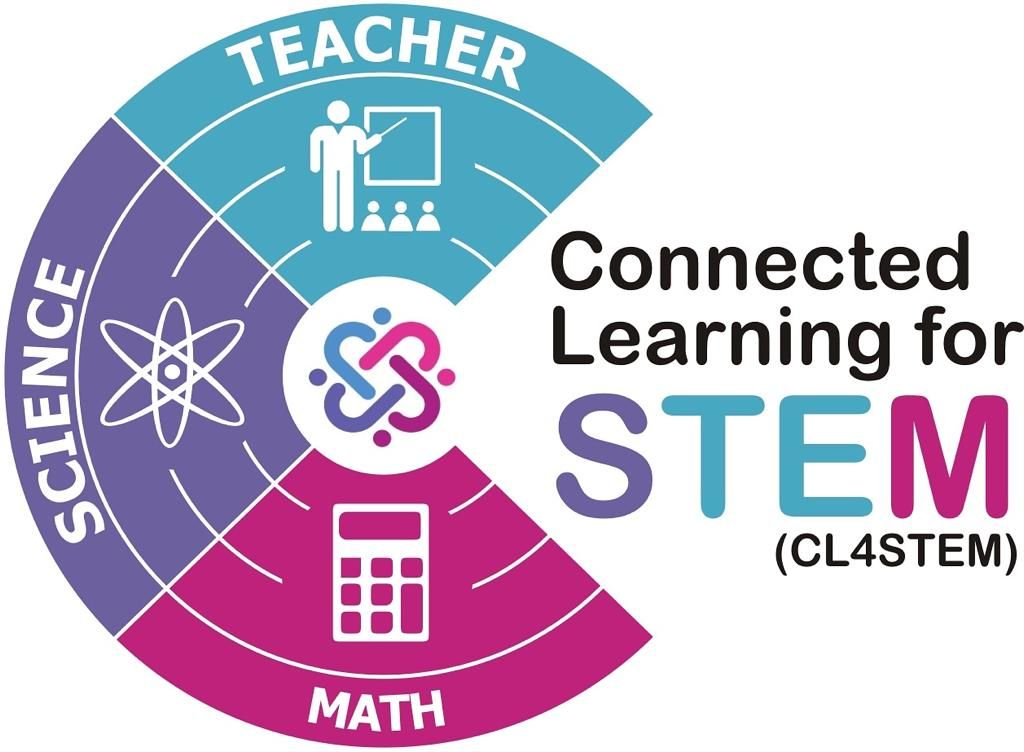Higher education institutions across the globe were gradually shifting from textbooks to online resources in the late 19th century. These designed online resources are called open educational resources (OER). The term was first coined in 2002 at the first Global OER conference hosted by UNESCO. According to the OECD (2012), OERs are digital learning resources offered online freely and openly to teachers, educators, students, and independent learners in order to be used, shared, combined, adapted, and expanded in teaching, learning, and research. Free online courses, such as OpenCourseWare (OCW) and Massive Open Online Courses (MOOC), are accessible to millions of people around the world for upgrading their knowledge and skills that are ever evolving and demanding in their career development. There are many OER platforms which provide an affordable and flexible way to learn new skills, advance your career, and deliver high-quality educational experiences.
With the advancement of digital technology, there are ample resources hosted on OER platforms, and there is a need to enhance human capacity for designing OER that are relevant and useful for learners in schools and colleges. The International Development Research Centre (IDRC) funded the CL4STEM project to develop faculty capacity in developing and implementing OER by STEM faculty members from Samtse College of Education (SCE) in Bhutan, Ibrahim Badamasi Babangida University, Lapai (IBBUL) in Nigeria, Open University (OUT) in Tanzania, and Tata Institute of Social Sciences (TISS) in Mumbai as technical consultants. The adapted and contextualized OER are used in schools to build the capacity of the country’s newly qualified teachers (NQTs) in science and mathematics.
A total of three modules in each discipline (Biology, Chemistry, Physics, and Mathematics) and one common module on Pedagogy were developed by incorporating the principles of universal design learning (UDL) and contextualizing the modules to develop the technological pedagogical content knowledge (TPACK) of teachers and students in the schools. In each discipline, a total of ten in-service teachers and ten pre-service teachers in the schools were enrolled to study the four modules spread across a semester.













Learning Experiences from Designing and Developing OER
Dr.Kinley’s reflection
Prior to venturing into the planning, designing and development of the OER, the CL4STEM project provided an opportunity to hone our knowledge and skills in the area of Technological Pedagogical Content Knowledge (TPACK) and Universal Design for Learning (UDL). We were required to experience OERs that consisted of subject focused and selected pedagogy oriented OERs developed by the TISS Mumbai team. These professional enhancing events enabled us in the Biology group to collaborate and constructively curate an OER titled ‘Introduction to Genetics and Hereditary’ aligned with the school Biology curriculum framework. This design process made us prioritise the learners’ needs, contextuality to the curricula and current trends rather than our own competence, interest and resources available. Besides enhancing my knowledge on TPACK and UDL this platform aided in boosting my competence in curating OERs.
Ms.Kesang Choden’s reflection
I learnt to use a storyboard to illustrate some expressions in developing OER on chemistry. I also learnt to make interactive videos and other multimedia resources. Writing OER made me aware of students with different learning abilities. As far as possible, I have tried to use the UDL principles in developing OER.
Purna Bahadur Subba’s reflection
As one of the developers of the module Linear Algebra, I should say that it was great learning for me. I vividly remember, the course we did together was Geometric reasoning which has been very useful in supervising my research students. Coming to the implementation of this module by the Intervention- Inservice/Preservice participating teachers, I think the module together authored together by myself and Mr.Chenga worked very well since there were no significant issues noticed so far. Having undertaken the task of developing this module, I also got some useful insights and ideas through the cross-pollination among the scholars from India, Tanzania, Nigeria and Bhutan. The module is a great piece of output of these four countries coming together in this CL4 STEM Research.
Dr.Karma Utha’s reflection
Developing OER was a first-time experience for me. I have developed many modules before but have never ventured into developing OER. The journey was interesting as well as challenging. It was interesting as I feel that the OER lessons are specific and hands-on. It allows one to find out whether the students are really doing the assigned tasks as they cannot progress to next lesson without completing the first one. Further, to do the task, they have to go through the video lessons, writeups and activities. Hence, students’ engagement will definitely be there. The challenges are especially due to my limited ICT knowledge. I had only the basic ICT knowledge which was not adequate to develop OER. It required me to think ‘out of the box’ and take support of ICT to enhance my students learning. It required me to familarise myself with mobile apps, selecting authentic videos and verifying sources. Hence, it not only required me to develop the OER but enhance my own ICT competency.
